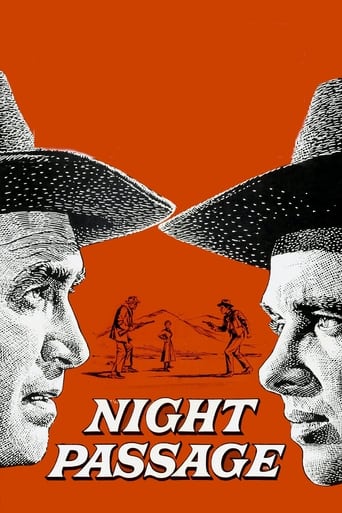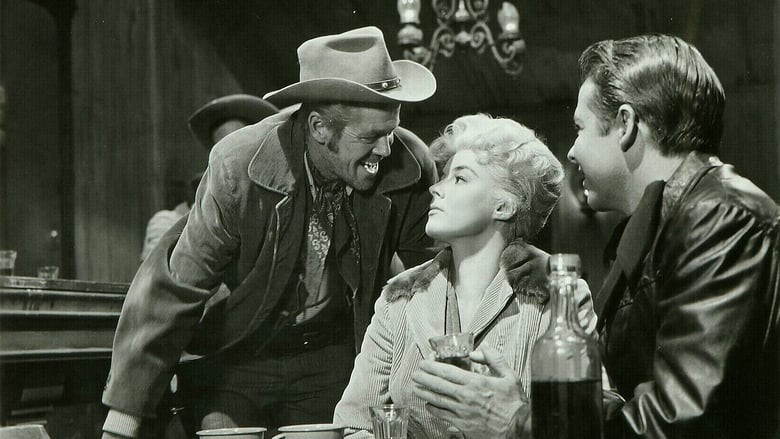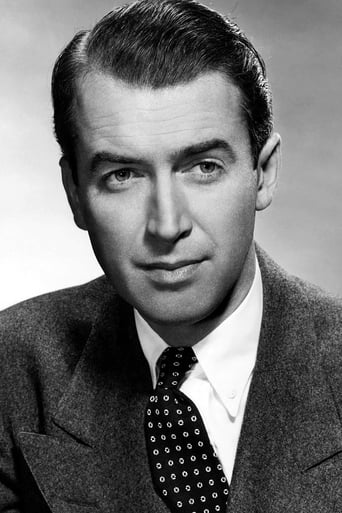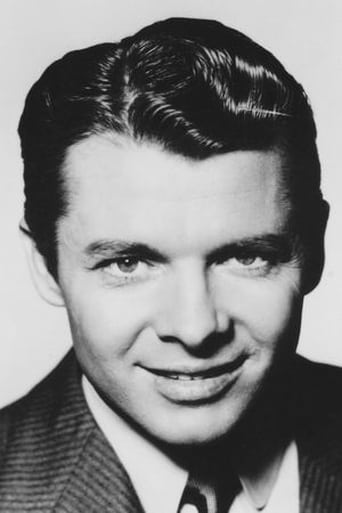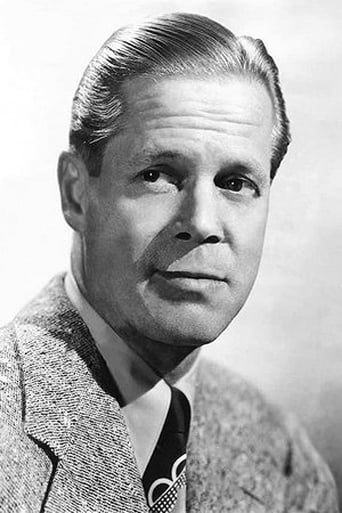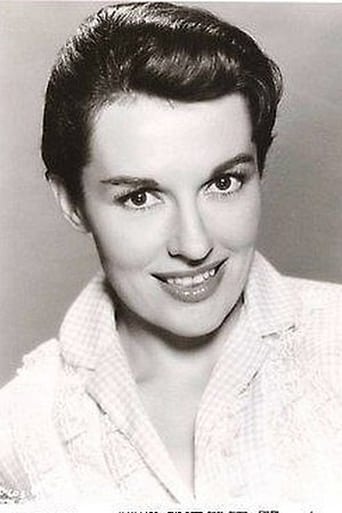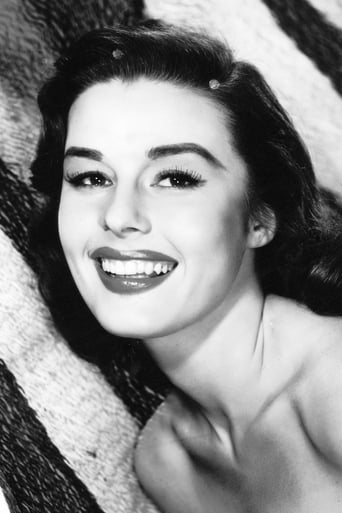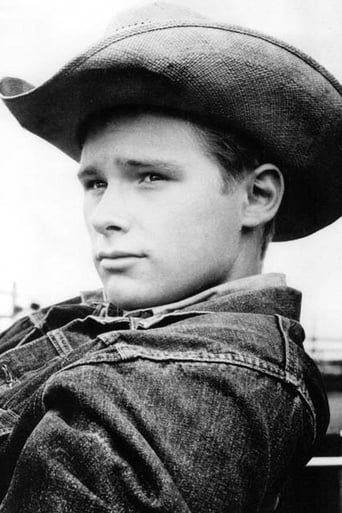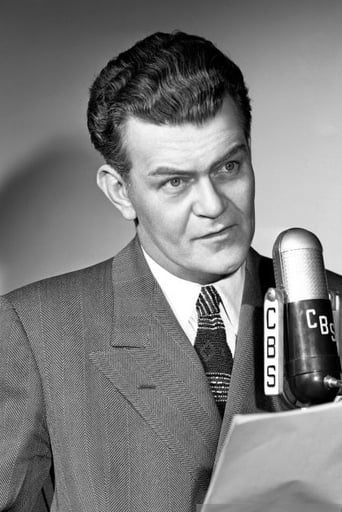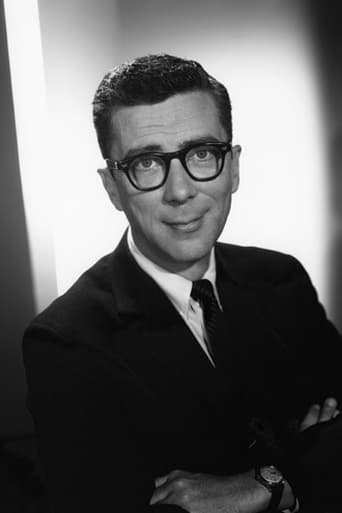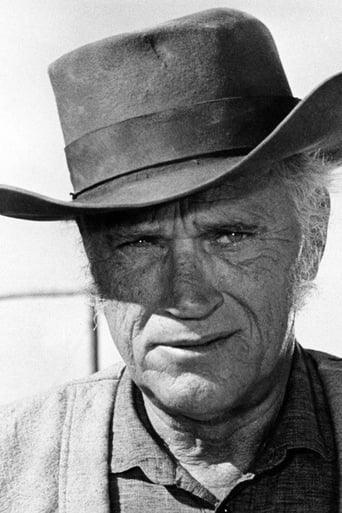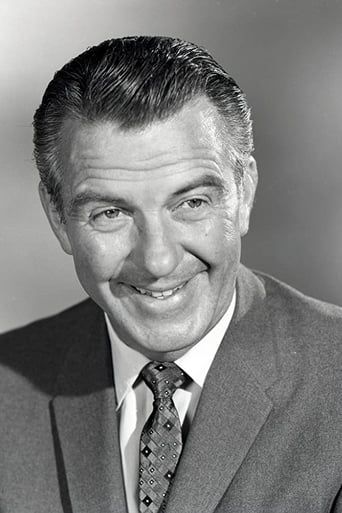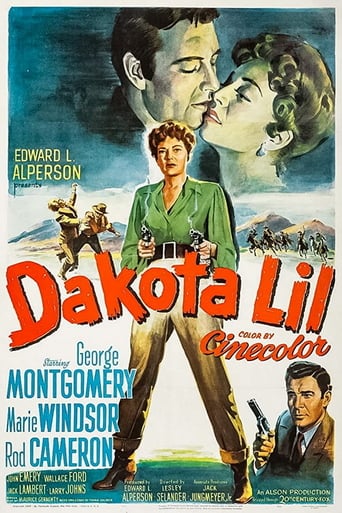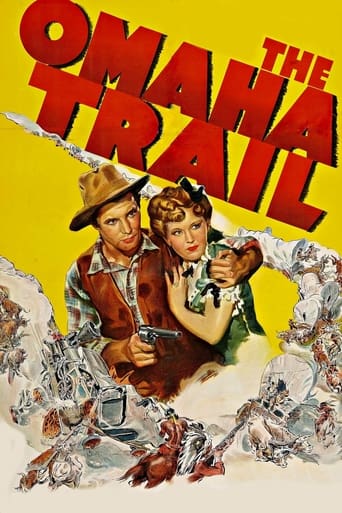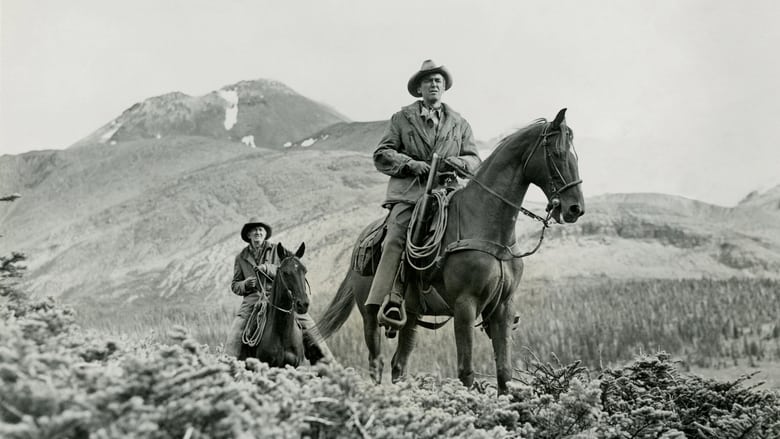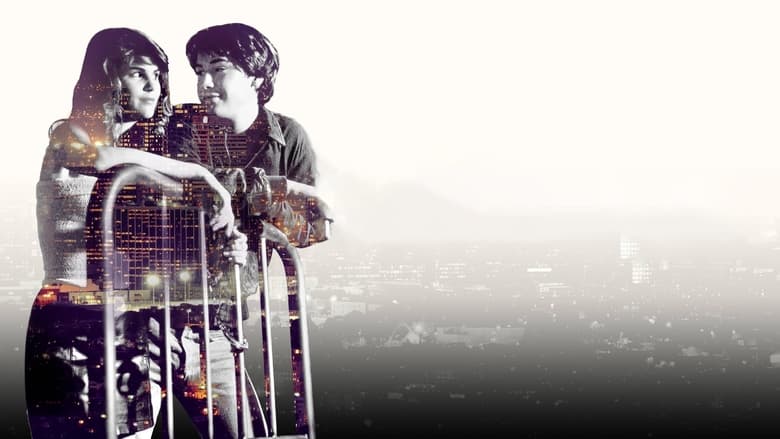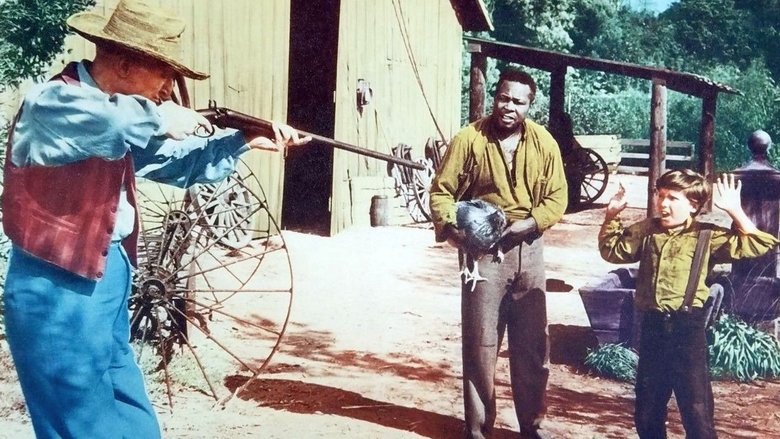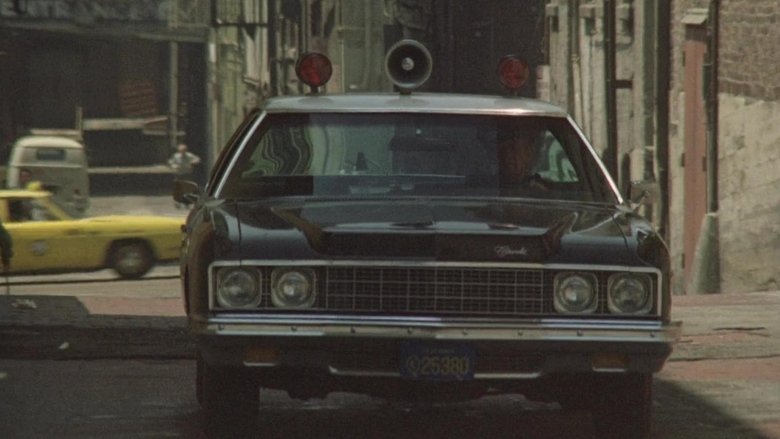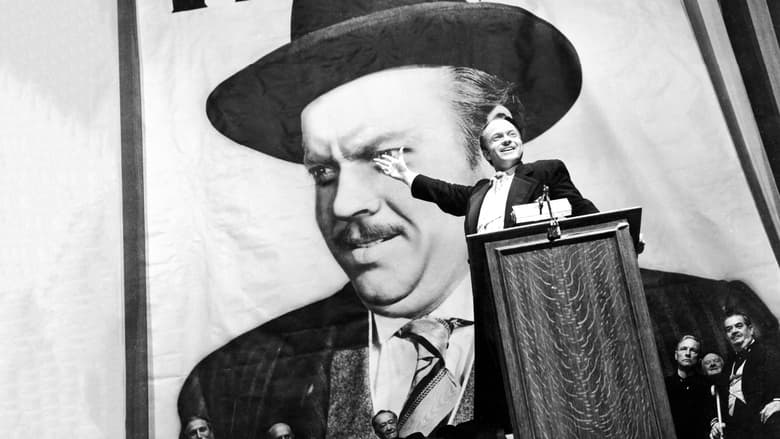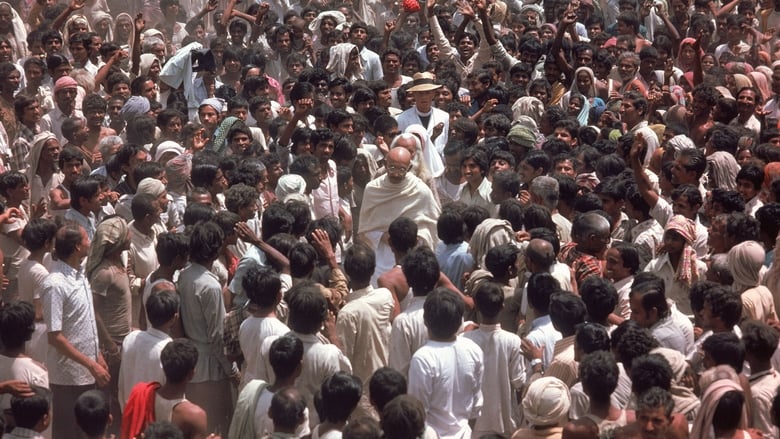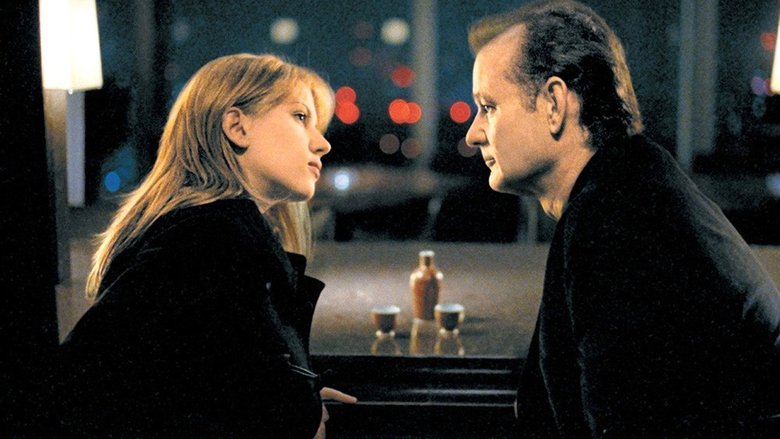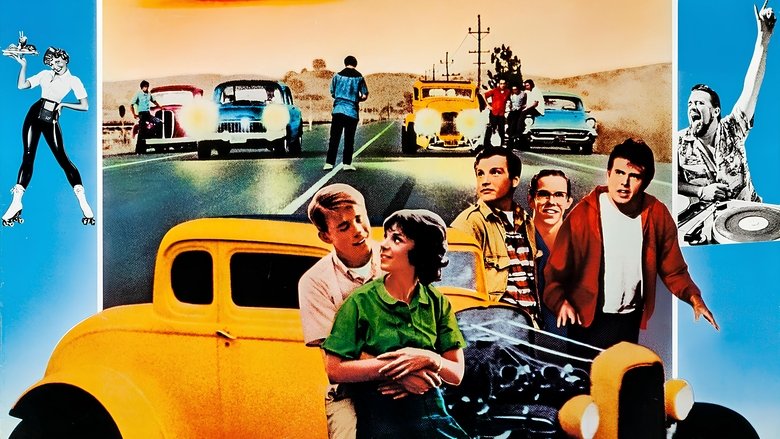Grant MacLaine, a former railroad troubleshooter, lost his job after letting his outlaw brother, the Utica Kid, escape. After spending five years wandering the west and earning his living playing the accordion, he is given a second chance by his former boss.


Similar titles
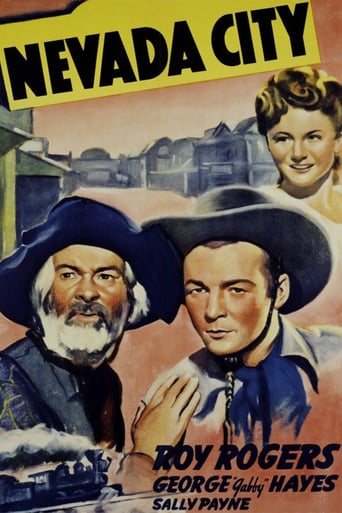
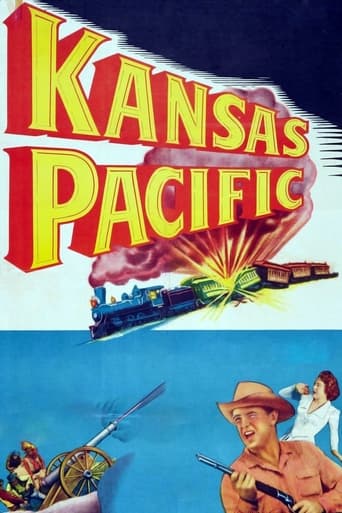
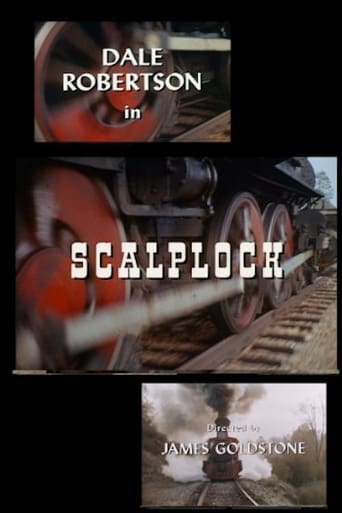
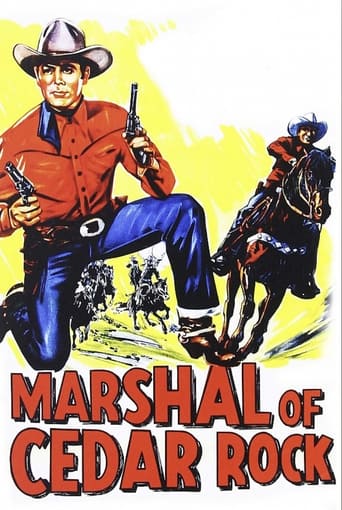
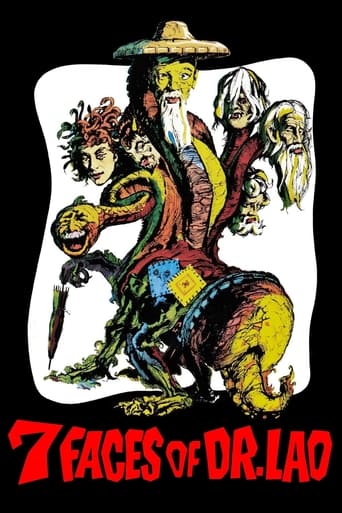
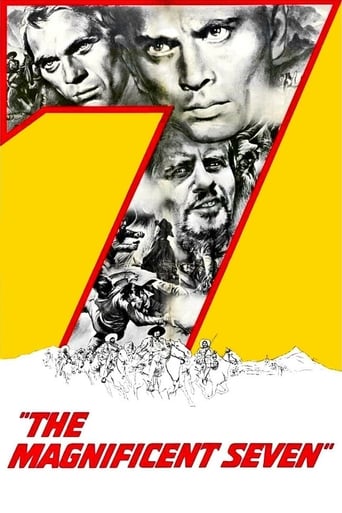
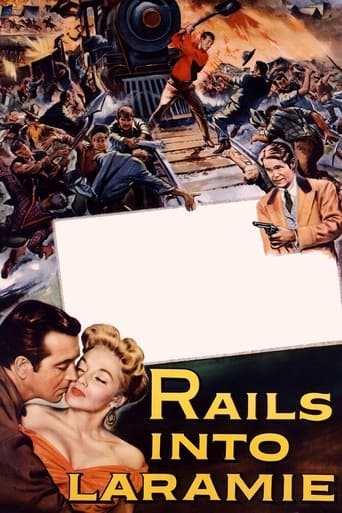
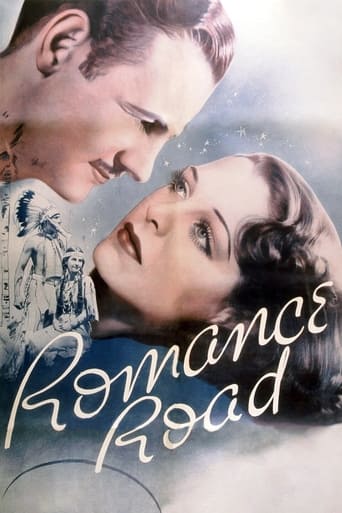
Reviews
Of the seven Western films that James Stewart appeared in during the 1950s, "Night Passage," released in July 1957 and the final one of the septet, is the true anomaly. The first of that bunch, 1950's "Broken Arrow," directed by Delmer Daves, is historically important today in that it was one of the first Hollywood oaters to depict American Indians sympathetically, and was nominated for a number of Academy Awards. Following this film, Stewart and director Anthony Mann collaborated on five Westerns that turned out to be some of the best of that decade: "Winchester '73" (1950), "Bend of the River" (1952), "The Naked Spur" (1953, and an especial favorite of this viewer), "The Far Country" (1955) and "The Man From Laramie" (also 1955). "Night Passage" was intended to be the sixth team-up of Stewart and Mann, but for reasons that I'm still not clear on, Mann backed out at the last minute. (I've read conflicting reports to the effect that the director didn't care for the script, didn't care for screenwriter Borden Chase's right-wing politics, had simultaneous commitments, disapproved of the casting of Audie Murphy and so on, but am still not sure as to the precise cause.) Thus, "Night Passage" is indeed the oddball of the septet: a James Stewart Western from the '50s that was not directed by Anthony Mann, is hardly historic (except for the fact that it was the first film to be shown in the new process known as "Technirama"; similar to CinemaScope, as the opening credits clearly reveal), and garnered no award nominations. A minor Western, surely, and yet, as will be seen, one certainly worthy of a viewer's perusal.In the film, Stewart stars as Grant McLaine (aka Mac), a former troubleshooter for the railroad who had been ignominiously fired five years earlier for letting the notorious outlaw Utica Kid (Murphy, one of the most decorated American soldiers of WW2, here playing against type as a "bad guy") escape in the midst of some cattle rustling. Now reduced to playing the accordion and singing for his chow, Mac is given a second chance by railroad bigwig Ben Kimball (the great character actor Jay C. Flippen) and railroad detective Jeff Kurth (Hugh Beaumont, here just a few months pre-"Beaver"): to carry a $10,000 payroll from Junction City, Colorado to the workers at End of Line, traveling by train and ensuring that the money doesn't wind up in the hands of the Utica Kid and his new partner, the infamous Whitey Harbin (Dan Duryea, who stole practically every movie he ever appeared in). Matters for Mac are made even more complicated when he rescues a boy named Joey (15-year-old Brandon de Wilde, whose character in the classic Western "Shane," released four years earlier, was also, strangely enough, named Joey; they could almost, with a slight exercise of the imagination, by the same boy), who just happens to be running away from the Harbin gang....OK, I'm not gonna lie to you..."Night Passage" is certainly a lesser film than any of the other six previously mentioned. For one thing, it just feels less "tough" than those others, and is lacking the social relevance of the first and the psychological depth and grit of the Mann outings. The Stewart character here is hardly as driven or conflicted as he was in such films as "Winchester '73" and "The Man From Laramie." Still, the picture has much to offer. Stewart and Duryea are as ingratiating as ever, and the presence of a raft of fine character actors (such as Ellen Corby and "Dennis the Menace"'s Herbert Anderson, plus Western stalwarts Jack Elam and Paul Fix) proves most welcome. The film, largely shot around Durango, Colorado, looks just fine, with ample scenic beauty, never more breathtaking than the sequence in which Mac and Joey ride atop the railroad while the forests, mountains and rivers of the Rockies flash by; I could have gazed at this sequence for five times as long, the wilderness vistas are so stunning. Dimitri Tiomkin has provided still another rousing score for this picture, often interpolating two songs that Stewart actually sings and plays himself (!) during the course of the film. And those two songs--the jiglike "You Can't Get Far Without a Railroad" and the sweeping "Follow the River"--turn out to be guaranteed "earworms" that will be bouncing around in your head for days afterward. "Night Passage" (an odd, elusive title, actually) also dishes out an exciting climactic shoot-out between Mac and the Harbin gang, and a surprising revelation concerning Mac and his previous history with the Utica Kid that DID catch this viewer off guard. (Do not watch the film's trailer before watching the film, as this revelation is spoiled not once, but several times!) Inevitably, the work that director James Neilson (who was more known for his work on television) turned in here has been unfavorably compared to that of Anthony Mann's, but the truth is, he does a creditable job, especially with the action sequences (the train robbery, that shoot-out). It is not his fault that the film feels a bit scattered, both in terms of its numerous locations and characters. Still, as I say, it is well worth any viewer's time, especially those, like me, who had read about this Stewart anomaly for years and are eager to see something a bit different. Fans of this great actor back when would have to wait another four years to see Jimmy in another Western--John Ford's 1961 offering "Two Rode Together"--so "Night Passage" had to hold them for a while. But really, where else could they have gone to see Stewart play accordion and sing?
"Typical Western" is one of those frequent time-worn labels I think some people use who don't find this particular genre of much interest or entertaining. It's like the "typical war movie," the 'typical musical," the "typical romantic comedy," the "typical mystery." I apologize to people who write such things, because I don't read them. If someone can't describe the qualities – good or bad – of a film, but instead choose to use such catch-all phrases as "typical," well – I typically don't think there's much reason to read their comments further. A couple of reviewers gave that label to "Night Passage," and I tried to think what was so typical about it. How was it like Stagecoach? El Dorado? Once Upon a Time in the West? High Noon? Along Came Jones? MacKenna's Gold? Angel and the Badman? The Searchers? Hombre? Rooster Cogburn? The Big Trail? Major Dundee? One-Eyed Jacks? Broken Arrow? Gunfight at the O.K. Corral? Man of the West? The Man Who Killed Liberty Valance? Open Range? The Cowboys? Fort Apache? The Horse Soldiers? The Magnificent Seven? This is just a sampling of some of the better "typical" Westerns that are all quite different in plot, setting, action, and scenery. So, how is Night Passage typical? Well, it has guns and horses and cowboy hats and boots and a fist fight and women. And, it has an accordion and some singing. Now that's real typical for a Western. And there's a train. Yes, indeed, probably half a dozen to a dozen Westerns have been made that have trains in them – out of 200 or more notable films of the genre. And Western scenery? Absolutely – only this is set in the Rocky Mountains of Colorado with trees and mountains and streams, but not lots of sagebrush or buttes of Monument Valley. It does fall short on some "typical" things such as the one or two "standard" Western towns. Mostly this is shot in a train camp, a mining area, and in the great outdoors.Enough of my tongue-in-cheek fun with the typical-ness of Night Passage. This is one very good film with a very interesting plot. But mostly, it has a top notch cast – a big one – of excellent actors who all give very good performances. And the scenery is spectacular. Just a typically very good Western all around. And just different enough to not bore one to death watching it.
Night Passage comes across as one of those sparsely-seen, little-known American films of old that wouldn't be particularly hindered in any way by a remake. With a bleaker tone; villains whom might come across as a little more sadistic than they do here and a more convincing lead in the role of a former scoundrel-gone-straight, whom it is needs to be entrusted with a large amount of money, you might be looking at an interestingly rounded effort. For what it's worth, 1957's incarnation of Night Passage is a decent and involving enough little picture about a man's test of character and how both he and one other man balance dealing with the back-story they share with a raucous scenario they must come to face. There is additionally some ample support in the way of sub-text to do with young men and their venturing onto career paths, and how the coming to be torn between amorality and morality can rear its head.James Stewart plays a man named Grant MacLaine whom rides on into a town whose inhabitants are in the process of constructing a railroad, an ex-railroad employee himself, MacLaine's past is hinted at in that it involves a tarnished history involving a murder of some kind. He doesn't need to be in the presence of these people for very long before they become rather fond of him; the rendering of MacLaine as the centre of attention unfolds through his accordion playing and charming dialogue, of which the song he churns out eventually revealed to us that it was a number his father played to him and his brother to keep them from fighting, with the instance MacLaine himself ceasing to play seeing those around him begin to brawl with one another, thus, a childlike sensibility is instilled about most of those he's dealing with. MacLaine is the sort of guy whom now, we're told, and following his past nastiness, pauses to have friendly cups of coffee so as to talk about the local disused mines or even come to the aid of a young boy in distress at the hands of an elder cowboy. Here is a man we have to come to believe is reformed in whatever manner, with little-to-no bad blood as a result of his past railroad employment problems and additionally decides to reign in his more antagonistic skills.Whilst in and around the area, an opportunity comes about when his former boss offers him the chance to help in the delivery of an exceptionally large payment to be made to other railroad workers; a payment which has been hijacked en route so many times by the same gang that the situation is becoming desperate and the turning to McLaine is the result in spite of the past. With the young boy whom he rescued from earlier on, named Joey (De Wilde), in tow; MacLaine boards a train to head off unaware of the brooding plot lines begging to be set in motion off-screen as well as the agenda's certain characters yet unbeknownst to MacLaine have in store for the money. The film has Joey verbally establish the menace and presence of the gang of characters MacLaine will chiefly come to clash with before many of them have even appeared on screen, the cowboy from earlier whom was terrorising the boy a part of a greater network of thugs whom were the ones sabotaging the money's prior journeyings. As one of them attains their presence on board the train by way of infiltrating a carriage's roof before getting indoors with composed ease, Joey runs through the characteristics of particular gang members that have a greater say in the clan's own matters; they being Whitey (Duryea) and a younger man known as The Utica Kid (Murphy).Joey has us aware of a past bank raid in which each of them partook, the subsequent events to which was a successful haul turning out to be the turning on one another due to disagreements and the threatening of one another with firearms. We cut to the said group, Whitey and The Utica Kid correctly dominating proceedings, Whitey of whom is bedraggled and looks rough-and-ready; The Utica Kid far smarter and much more handsome with an ebony black wardrobe complimenting a stiff and regimental overall look. When we first encounter them, they're already bickering about the robbing of the train MacLaine and Joey are actually on; the fighting amidst themselves again correctly prominent as half wish to follow through with it and half do not. Eventually, they head out to rob it and through one means or another, end up with the money albeit it unwillingly and not to their own initial knowledge.The film is a competent effort surrounding the retrieving of the payroll, effectively a journey that takes on particular redemptive elements for MacLaine as he completely and entirely makes up for whatever bad blood was spilt between he and the railroad company in the past. Director James Neilson captures some wonderful location photography, including a quite stunning cliff-top train ride along some rather steep drops and has an eye for engaging narrative as well as the well choreographed shoot outs which occur as a result of it all. What Stewart in the lead role lacks in necessary menace given his past and given he's going up against the sorts that he is, he makes up for in the form of a particular boyish confidence in his character and techniques which ought to see him win out on the day. While nothing spectacular, Night Passage is a decent and well made Hollywood western of old which delivers in character and rather immersing drama alike.
I wish people would quit second guess what could have happened if another director would have directed the film. This is a good movie. A film that has all the elements of a good western, Jimmy Stewart, Audie Murphy and Dan Dureya (spell check). There's good vs. evil. Right vs. wrong. A passionate man who plays music while teaching his young friend some valuable lessons about choices. Just sit back and enjoy the movie. Of course we all know Anthony Mann didn't direct it. That point is moot. The cast is wonderful and if you just want to enjoy a fine family film this is a good one. There are too many people who look at films from the 1950's with a 2007 eye.They didn't have the technology them. Possibly things could have been done differently, but we will never know, will we? I wish people would quit second-guess what could have been and enjoy the fine film it is! Look at the scenery! Listen to the music. Read between the lines and quit picking it apart. You might find you like it. I hope so. Maybe you've seen too many films with computer enhanced parts in it so that's what your used to.
